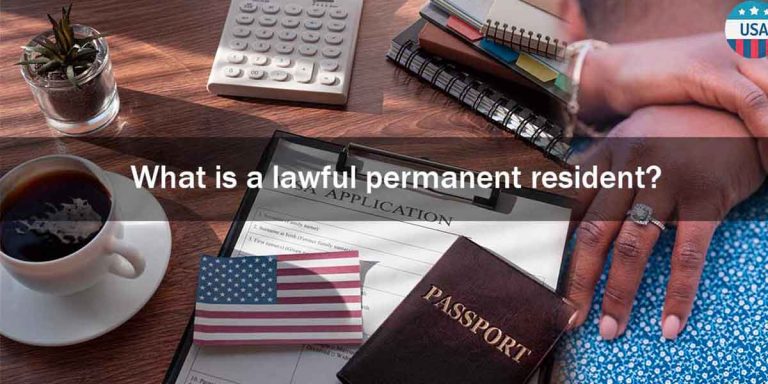Putting a House in Trust in New York: What Does It Mean?
Putting a house in trust in New York involves transferring the ownership of a property to a trust entity, which holds legal title to the property on behalf of the trust beneficiaries. This legal arrangement has various implications for property management, taxes, probate, and asset protection.
Property Management
When you put a house in trust, you no longer own the property personally; instead, the trust becomes the legal owner. This means that the trustee who manages the trust has the authority to oversee the property, including making decisions regarding maintenance, repairs, and rental agreements.
By placing a house in trust, you can ensure that the property is managed according to your wishes, even if you become incapacitated or pass away. Trust documents can outline specific instructions for property management, providing clarity and guidance for the trustee.
Taxes
Transferring a house into a trust may have tax implications, both during your lifetime and upon your death. While placing a primary residence in an irrevocable trust may remove it from your taxable estate, it could also result in the loss of certain tax benefits, such as the homestead exemption.
Additionally, any income generated by the trust-owned property may be subject to taxation at the trust level, potentially affecting your overall tax liability. It’s essential to consult with a tax professional to understand the tax implications of placing a house in trust and develop a tax-efficient strategy.
Probate
One of the primary benefits of putting a house in trust is avoiding probate. Probate is the legal process through which a deceased individual’s assets are distributed according to their will or state law. By transferring ownership of the house to a trust, you can bypass probate and ensure a smoother and more private transfer of the property to your beneficiaries.
Since trust assets are not subject to probate, they can typically be distributed to beneficiaries more quickly and with fewer complications than assets that pass through probate. This can help minimize the administrative burden on your loved ones and reduce the risk of disputes or challenges to your estate.
Asset Protection
Placing a house in trust can also provide asset protection benefits, particularly if you choose an irrevocable trust structure. Assets held in an irrevocable trust are generally shielded from creditors and legal judgments, reducing the risk of loss due to lawsuits, bankruptcy, or other financial challenges.
By transferring ownership of your house to an irrevocable trust, you can protect it from potential creditors while still retaining certain rights, such as the right to reside in the property for your lifetime. This can offer peace of mind knowing that your home is safeguarded against unforeseen financial threats.
Conclusion
Putting a house in trust in New York can have significant implications for property management, taxes, probate, and asset protection. By understanding these implications and working with experienced legal professionals, you can make informed decisions about whether placing your house in trust is the right choice for your estate planning goals.
At Morgan Legal Group, we specialize in estate planning and trust administration services tailored to the needs of clients in New York City. Contact us today to schedule a consultation and learn more about how we can help you protect your assets and achieve your estate planning objectives.
































